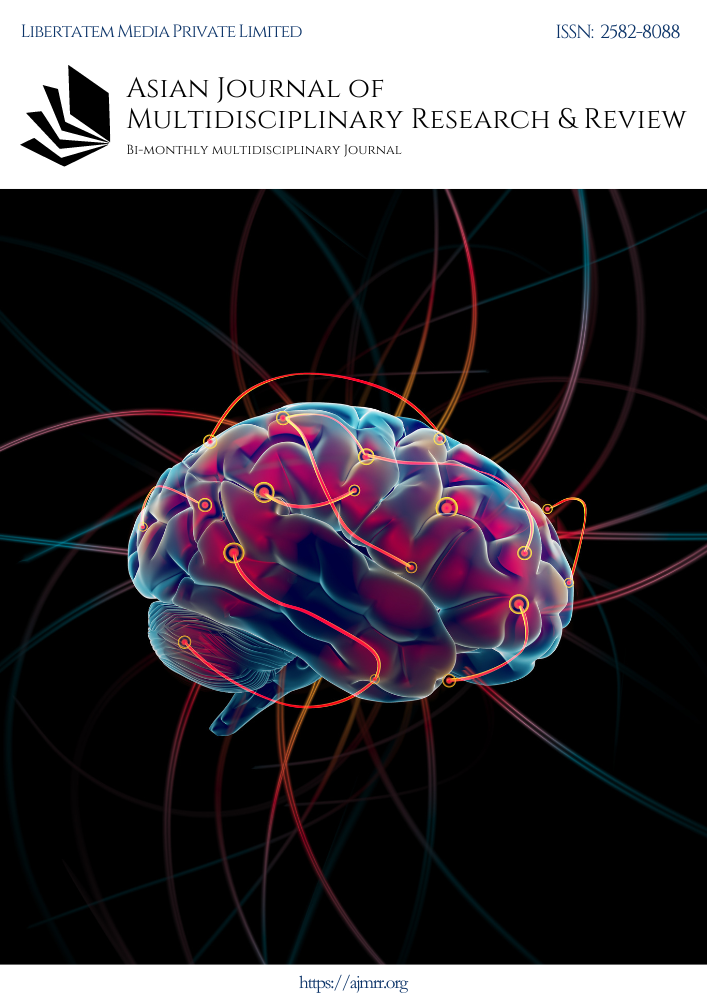BOLLYWOODIZATION OF SPORTS: A FEMINIST PERSPECTIVE
Keywords:
Sportswomen, challengeAbstract
With the passage of time the Indian cinema has evolved and it is now considered as “the art of promoting a list of moving images where it tends to tell stories in a visual medium has been a concern for the feminists. Bollywood is known for its entertainment, drama, songs, dialogues It manifests a world of visualization where the characters try to portray the vision of the director, story writers, etc.” “The changing trends in Bollywood bring new dimensions to the film making. One such trend is of biopics on sports personalities and the other sports based movies. The sports biopics and movies created a fantasy world between sports and its viewers which gives the viewers the idea about the life- struggles and the strenuous efforts the players did to set a benchmark at national and international sports events by adding some glamour and entertainment to attract audience” . The movies tend to deliver a strong message at work in these films where the women protagonist by embracing her “sports”, which manifests physical “feminism” in which the women challenges to the “Indian patriarchy”. This study has aimed to assess depiction of “sportswomen” in Bollywood movies namely “Chak De India” & “Dangal”. The paper provides an analysis on “depiction of sportswomen as a mode to promote women empowerment by analyzing the secondary data like movie reviews , articles on films, to understand the idea of film makers behind such project is to bring a record breaking movie with their goals towards commercialization” . “But we can see with the desire of making movie a huge success the team fails to concentrate on the actual idea behind the movie. The movies tend to change the circumstances according to the drama which needs to be presented before the audience. The paper focuses on the elements of feminism in in the sports based movies. The feminist view is that equality of opportunities should exist with both men and women.”
The paper explores to the hardships the sportswomen had to overcome in day to day life to reach their goal.
Downloads
Downloads
Published
Issue
Section
License

This work is licensed under a Creative Commons Attribution-NonCommercial-ShareAlike 4.0 International License.
License Terms
Ownership and Licensing:
Authors of research papers submitted to the Asian Journal of Multidisciplinary Research & Review (AJMRR) retain the copyright of their work while granting the journal certain rights. Authors maintain ownership of the copyright and grant the journal a right of first publication. Simultaneously, authors agree to license their research papers under the Creative Commons Attribution-ShareAlike 4.0 International (CC BY-SA 4.0) License.
License Permissions:
Under the CC BY-SA 4.0 License, others are permitted to share and adapt the work, even for commercial purposes, as long as proper attribution is given to the authors and acknowledgment is made of the initial publication in the Asian Journal of Multidisciplinary Research & Review. This license allows for the broad dissemination and utilization of research papers.
Additional Distribution Arrangements:
Authors are free to enter into separate contractual arrangements for the non-exclusive distribution of the journal's published version of the work (e.g., posting it to institutional repositories or publishing it in books), provided they acknowledge the initial publication of the work in the Asian Journal of Multidisciplinary Research & Review.
Online Posting:
Authors are encouraged to share their work online (e.g., in institutional repositories or on personal websites) both prior to and during the submission process to the journal. This practice can lead to productive exchanges and greater citation of published work.
Responsibility and Liability:
Authors are responsible for ensuring that their research papers do not infringe upon the copyright, privacy, or other rights of any third party. The Asian Journal of Multidisciplinary Research & Review disclaims any liability or responsibility for any copyright infringement or violation of third-party rights in the research papers.



